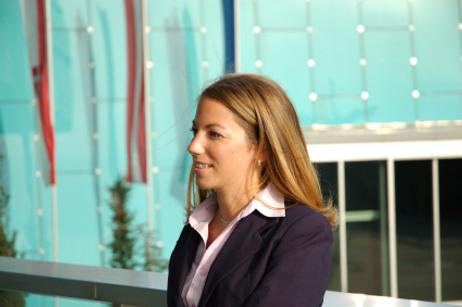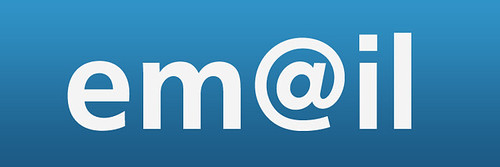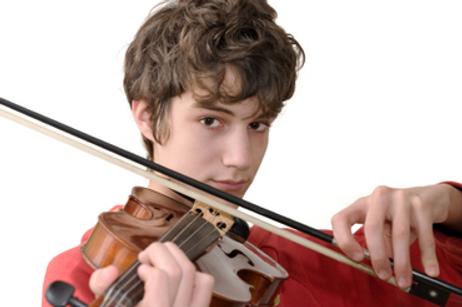Most of us parents are fairly adept at tackling the various projects which life seems to put in front of us. Whether finding an apartment or purchasing a home or dealing with medical issues or writing a will, we all do our research, sift through the various options and make our choice. That's a pretty standard modus operandi, right? Well, obviously I have simplified things a bit because I left out the consultation we all had with experts in just about every case. The doctors explained the choices we had for the medical issues and prescribed a course of treatment. Our trusted attorney reviewed the lease agreements and purchase agreements for our real estate transactions so that we didn't run into problems in the months and years ahead. We just used those experts as a matter of course.
This video is a bit dramatic but it makes my point: you need expert help choosing a private school just as you need expert help for other major decisions.
But we don't need any experts to help us choose the right private school for our child, do we? We can do all this ourselves, right? Wrong! I know because we thought we could choose the right school for our very talented eldest daughter who had the perfect academic transcripts, sports, and extracurricular activities. This would be a cakewalk. Just visit a couple of schools, apply and that



























